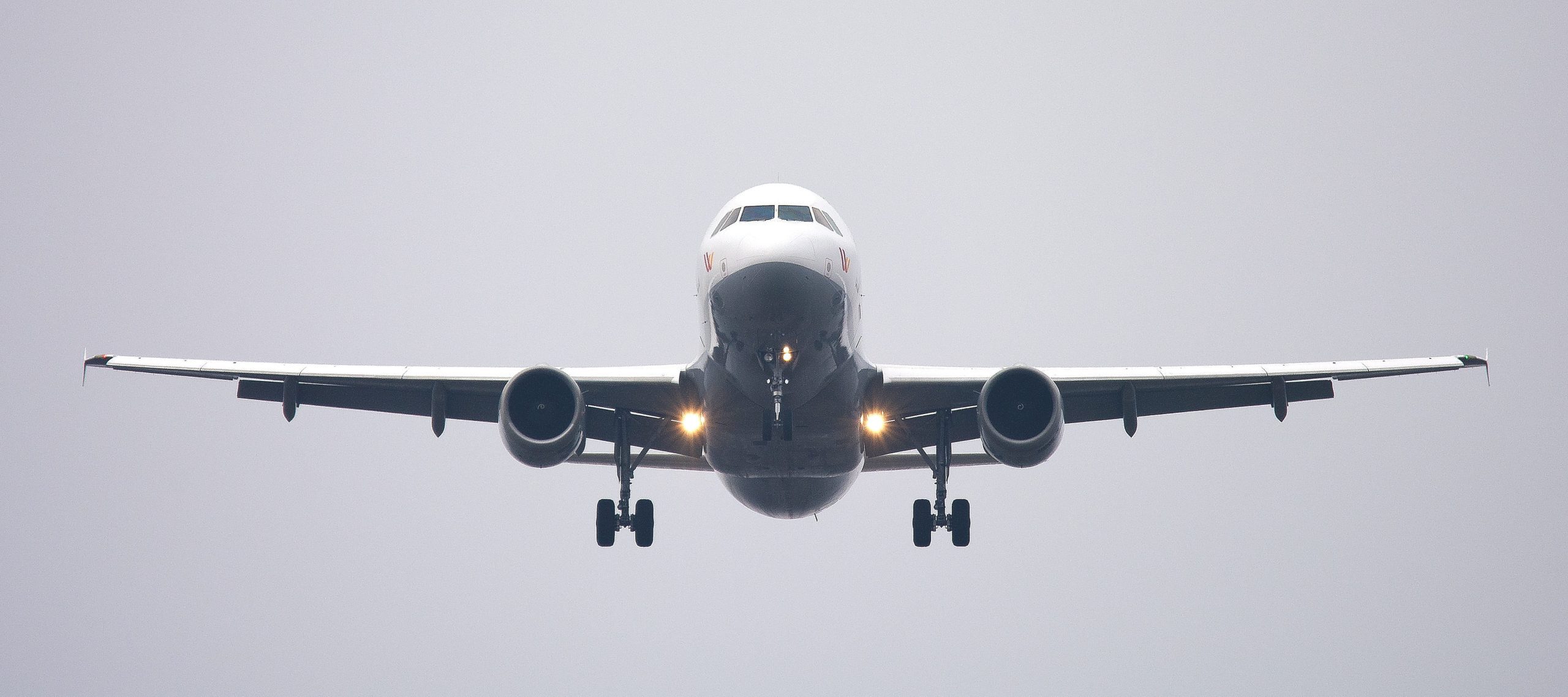The aviation industry has seen its share of accidents and incidents over the years, yet are so rare and extraordinary that they catch the public’s attention in a way that’s hard to ignore. Recently, the aviation community was shaken by a reported double engine failure on an Indian Airlines’ Boeing 787. If the cause is confirmed as reported, this would be an incredibly rare occurrence in modern aviation history. It’s crucial to remember that even in the case of total engine failure, airplanes like the Boeing 787 are designed to glide, with pilots trained to handle such extreme situations safely.
This incident, although unsettling, underscores how rare and isolated such events truly are. In fact, air travel continues to be one of the safest forms of transportation, with statistics showing that flying is much safer than driving. Despite this, many people still experience debilitating fear when it comes to boarding a plane. Fear of flying—also known as aviophobia—remains a really widespread issue, affecting millions of travellers globally.

The Rare Nature of Aviation Incidents
While aviation accidents are undoubtedly distressing when they occur, they are statistically very rare, particularly in comparison to other forms of transportation. The Boeing 787’s reported engine failure (if confirmed) would be an outlier in a sea of safe flights. Aircraft today, especially modern ones like the 787, are built with multiple redundancies and fail-safes to prevent such failures from compromising the safety of passengers.
The fact that a plane can glide and land safely even if it loses both engines is a testament to the high standards of safety in the aviation industry. Engineers, technicians, and pilots work tirelessly to ensure the integrity of flight operations, and incidents like these serve as reminders of the incredible resilience and safety measures built into modern aircraft. So, while accidents do happen, they are exceedingly rare, and the likelihood of being involved in such an incident is minimal.
Understanding the Causes of Fear of Flying
Despite the rare nature of aviation incidents, the fear of flying remains a significant psychological challenge for many people. The causes of this fear can vary from person to person. For some, it’s the fear of heights (acrophobia) or feeling trapped in a confined space (claustrophobia). For others, it’s the sense of losing control, not knowing what is happening with the flight or not trusting the people in charge of the plane’s safety.
Additionally, for some individuals, a past traumatic experience on an airplane can be the root cause of their fear. This could be anything from a bad flight experience to seeing news coverage of aviation incidents. Over time, this fear can grow stronger and develop into a full-blown phobia, which interferes with everyday life.
Left unaddressed, a fear of flying can cause significant anxiety. It might lead to avoiding air travel altogether or relying on coping mechanisms like excessive alcohol use, medications, or even avoiding the thought of flying entirely. In some cases, the fear can worsen as time passes, turning into a barrier that restricts personal and professional growth.
The Cost of Inaction
Ignoring or avoiding the fear of flying can have significant consequences. While it may seem like a solution in the short term, avoidance only serves to reinforce the fear. Each time you avoid flying, you miss out on opportunities whether it’s family vacations, business trips, or personal adventures. Over time, the avoidance can also cause the anxiety to intensify, making it harder to address in the future. It may even grow to include trains, coaches, cars and of course be passed down to children and / or partners.
The longer you leave the fear unchecked, the more it can take control over your life. It starts to shape your decisions, limiting your ability to travel, connect with others, or explore the world. And while the fear itself may feel overwhelming, it’s essential to understand that it is treatable. With the right support, you can break free from the cycle of avoidance and fear.
Imagining a Life Free of Fear
Now, I would like you to think and visualise, experience or picture a life without the grip of fear when it comes to flying. Imagine stepping onto a plane, walking through the gate with confidence, and settling into your seat without the knot of anxiety tightening in your chest. What if you could look forward to your travels instead of dreading them? Would you be excited about booking that holiday. I know that it is hard to imagine right now, but what if you could do these things unchecked?
For many who suffer from aviophobia, this kind of freedom feels impossible. The fear seems too intense, too deeply ingrained to overcome. Yet, I’ve seen first-hand the transformations that hypnotherapy can bring. Many people who once thought they would never be able to conquer their fear of flying are now flying with ease, and enjoying their journeys.
How Hypnotherapy Helps Overcome Fear of Flying
Hypnotherapy has been proven to be one of the most effective treatments for phobias, including the fear of flying. Through hypnosis, I will work and talk with your subconscious mind and uncover the root causes of the fear and replace negative thought patterns with more positive, calm responses. Hypnotherapy can break the cycle of anxiety by accessing the subconscious mind and reprogramming the automatic responses that trigger fear.
For some, this process can lead to profound, life-changing results. I’ve worked with many clients who were initially sceptical about hypnotherapy, wondering if it could really help or if ANYTING could ever help. These individuals often felt that their fear was too ingrained or that they had tried everything with no success. Normally after one session many have found complete change, others after just a few sessions, discovering that they can fly without panic or anxiety.
Why Hypnotherapy is Effective for Fear of Flying
What makes hypnotherapy so effective is its ability to directly address the subconscious mind, where many fears and phobias originate. Traditional therapies may focus on conscious thoughts, but they often miss the deeper, emotional triggers that cause the fear. Hypnotherapy allows clients to access those hidden fears and replace them with new programming and healthier coping mechanisms and a positive perspective on flying.
The clients I’ve worked with have reported feeling a huge shift in how they approach flying. Some have flown for the first time in years, while others have gone from anxious and fearful to calm and confident travellers who enjoy their experience. Sceptics, who once believed their fear was insurmountable, have found that hypnotherapy gave them the tools to finally overcome their anxiety and embrace air travel once again.
Ready to Take the Next Step?
If fear of flying has been holding you back, know that you don’t have to live with it. Thoughtlounge Clnical Hypnotherapy offers a natural, effective solution for overcoming fear, allowing you to take control of your life and break free from the grip of anxiety. Whether you’ve tried other methods before or have been living with this fear for years, I’m absolutely here to help.
You don’t need to let fear stop you from experiencing the world. Imagine what your life could be like if you no longer had to worry about getting on a plane. Let’s work together to make that vision a reality. I’m here to help you overcome your fear and take the first step toward a life of freedom and confidence.


